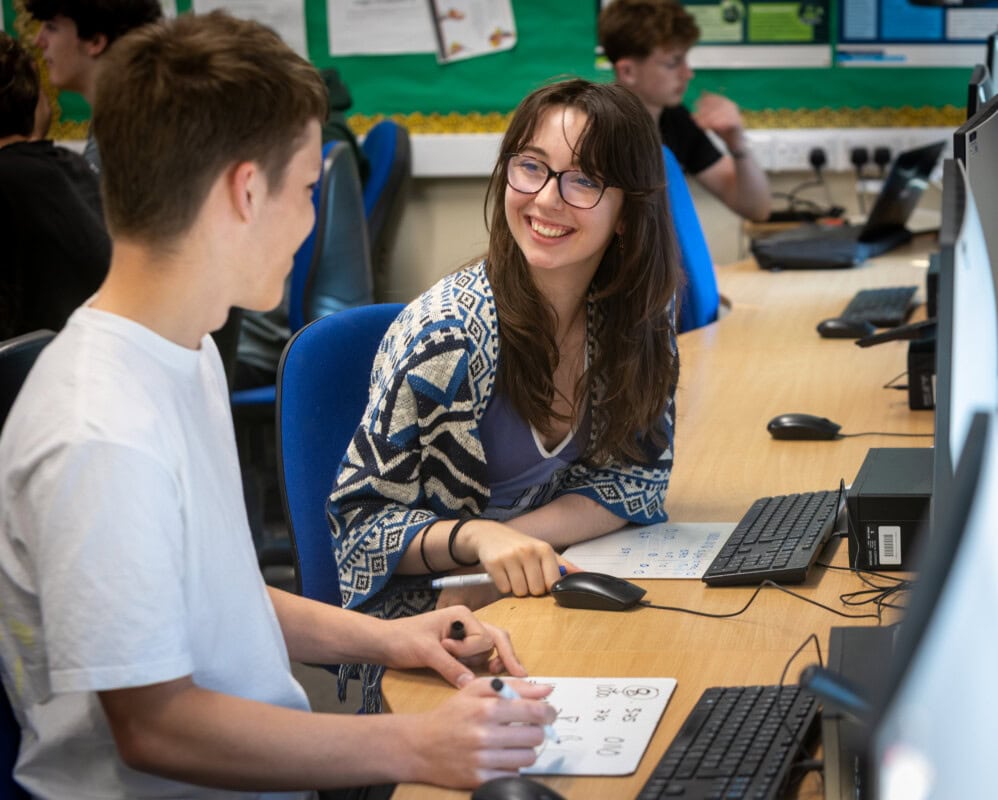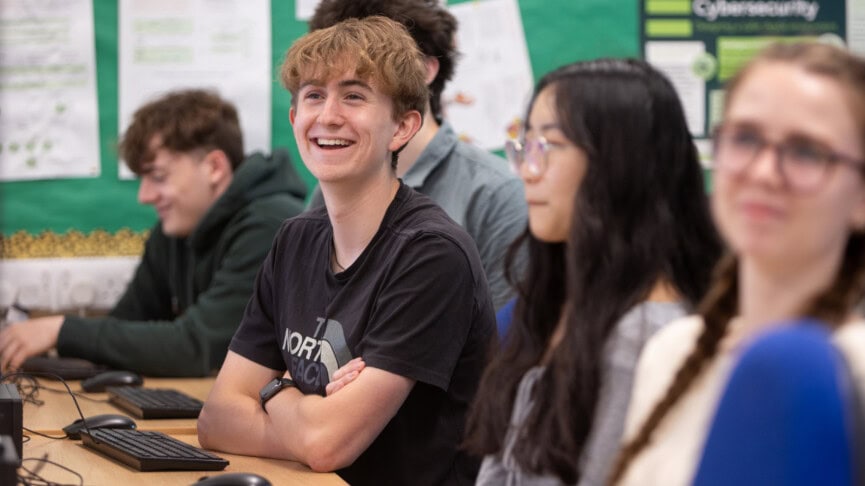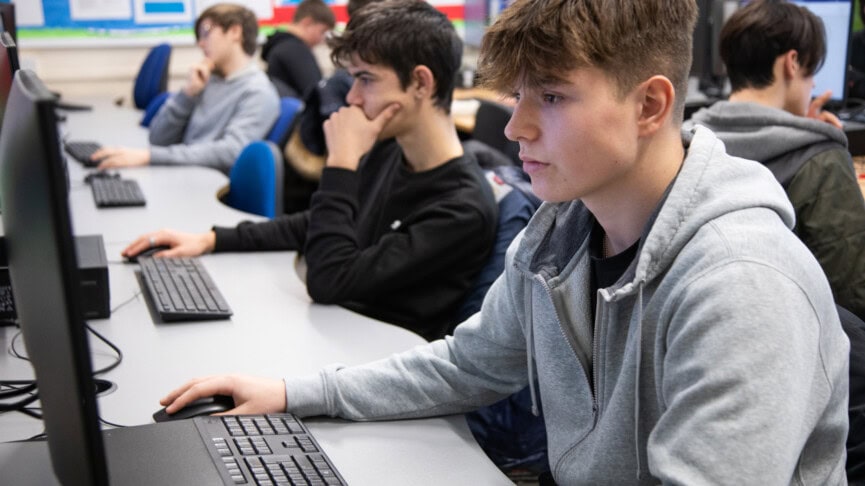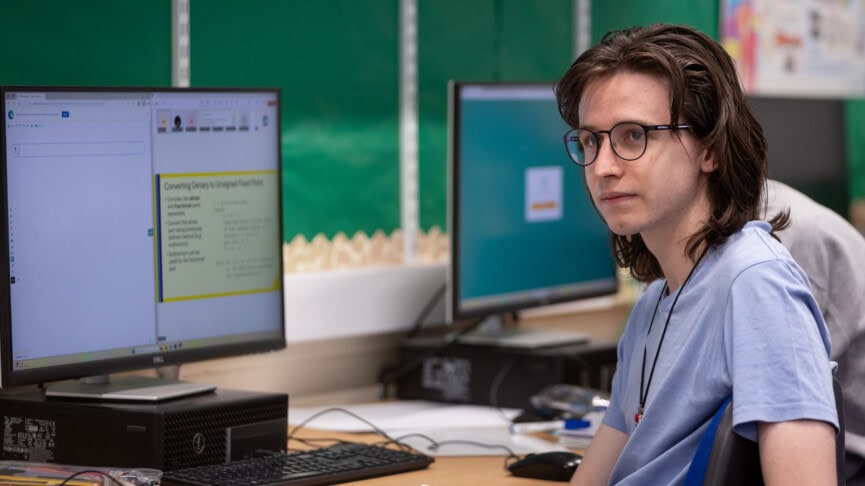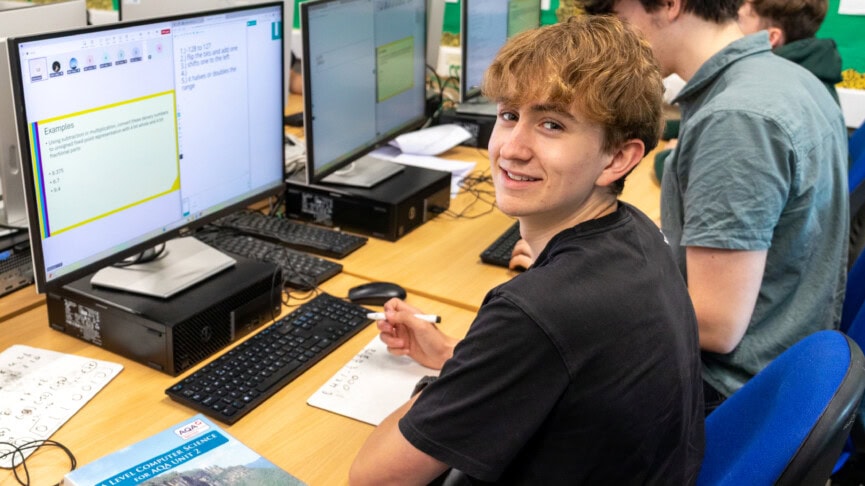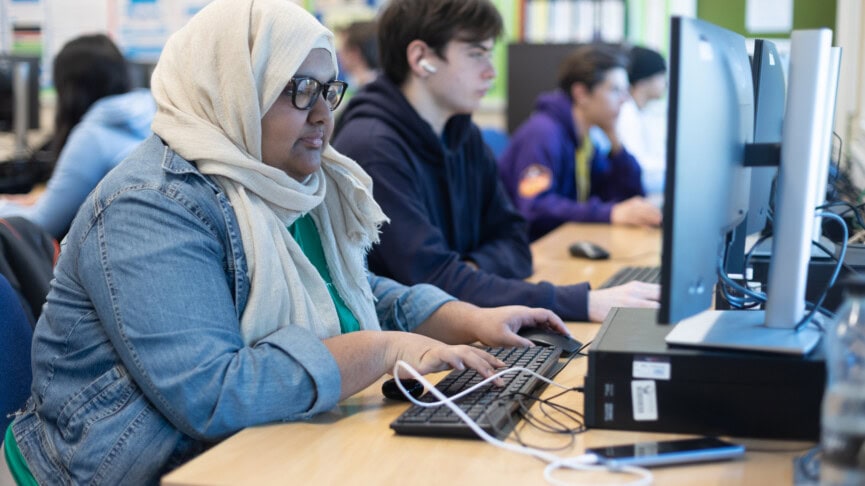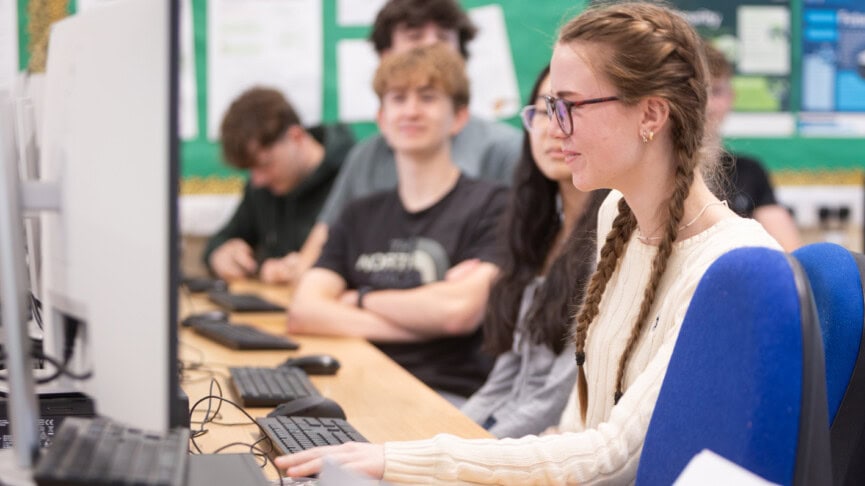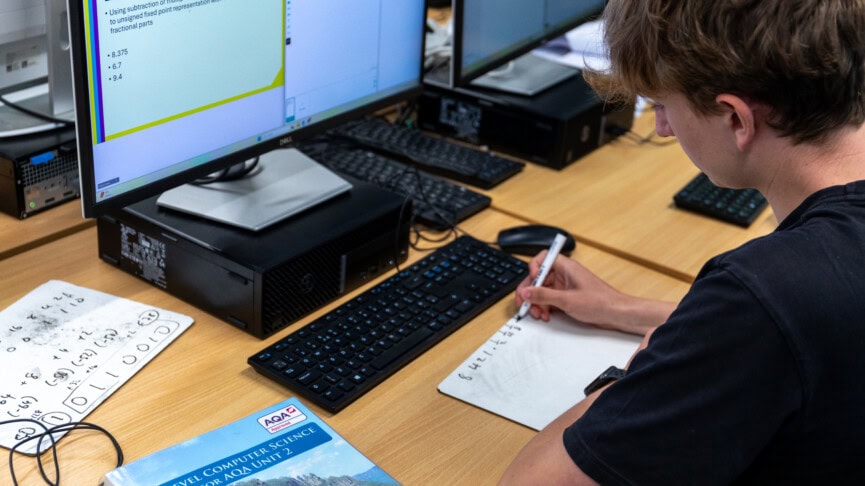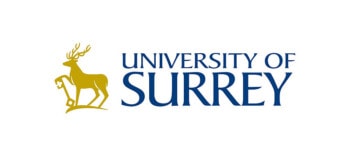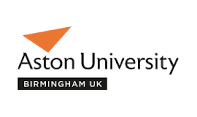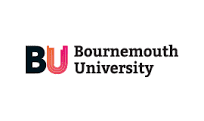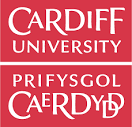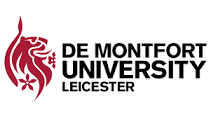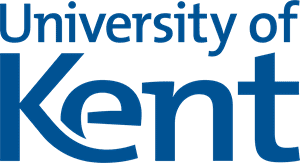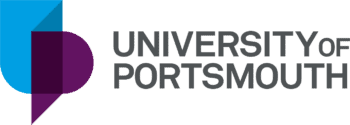Overview
Computer Science A Level is the science of how computers work and therefore the course covers both the practical and theoretical sides of computing. Problem solving and innovation are at the heart of the Computer Science A Level and forms the basis of how we learn to create programs and develop algorithms.
Overall, there is a roughly equal balance between practical programming (assessed in paper 1) and theoretical computing (assessed in paper 2).
The programming side starts by teaching GCSE concepts such as loops and conditionals before moving on to concepts such as Object-Oriented Programming. You will learn C# as the primary programming language as well as database Structured Query Language (SQL), a functional programming language called Haskell and some assembly code.
The theoretical side of the course looks at the inner workings of a computer and you will study data representation as well as looking at components such as the CPU, RAM and the internal registers. Other topics include Big Data, Functional Programming and Networking.
Entry Requirements
In addition to the College Entry Requirements, to qualify for this course you will also need to achieve a minimum of:
• Grade 6 in GCSE Maths (Higher Level). Grade 4 in GCSE English Language and, if taken, a Grade 4 in GCSE Computer Science
Course Details
Approximately half of the course is programming based and the other half is theory.
The start of the course is programming heavy so that you develop the skills you require for your coursework.
Programming topics:
- Basic programming concepts such as loops, conditionals and functions.
- Good programming practices such as modularisation, sensible naming conventions, proper commenting and much more.
- Object-oriented programming (a common approach to programming in business and commercial situations).
- Querying, designing and creating databases including using Structured Query Language (SQL).
- Data structures such as arrays, lists, graphs and trees for representing information in your programs.
- A variety of algorithms such as searching and sorting (many which will be familiar if you have studied GCSE) but also more complex ones such as those used for path finding.
- The functional programming paradigm (Haskell).
Theory topics
- Data representation (how we store text, images and sounds)
- The theory of computation (how computational processes can be represented and what it means to be computable)
- Hardware and software including how the processor works and an introduction to programming in assembly language.
- Networking
- How to work with Big Data.
- Consequences of the uses of computing and the digital disruption caused in terms of the ethical, moral and legal issues that computer scientists must grapple with.
Coursework:
You will start the coursework before Easter in the first year, beginning by researching your ideas and then designing it so that you can make progress on coding it over the summer holiday. It will be due before Easter in the second year so that you can concentrate on revision. Alongside working on your coursework, you will learn the theoretical topics on the course.
Assessment
The course is assessed through two exams worth 40% each, and a coursework project worth 20%, called a Non-Exam Assessment (NEA).
The first exam is sat on a computer and will test both practical programming skills and your knowledge of theory. You will be required to code your own solutions to problems as well as modify a complex program released by the exam board, all under exam conditions.
The second paper is a traditional exam testing your theoretical knowledge of computer systems, how they are formed, communicate and so on. This paper includes extended writing in the form of full essay responses.
The NEA is a programming project, requiring a full write up, which must include analysis of a problem and documentation of the design, testing and evaluation processes. The project is started part way through the first year, after students have had a chance to gain the necessary programming skills. Examples of past projects include computer games, simulations or programs involving the storing and analysing of data.
Subject Combinations
Mathematics and Physics are natural pairings for Computer Science. All three subjects place a heavy emphasis on problem solving skills, and Mathematics is generally required to study Computer Science at University, with some universities accepting Physics. It is important to note that Computer Science A Level is not required to study Computer Science at University, whereas Mathematics is. Some leading Universities require (or strongly encourage) students to have studied Further Mathematics A Level in addition to Mathematics A Level.
University Destinations
Computer Science A Level is a highly respected qualification, with 90% of students progressing onto University.
Typical Alumni Destinations of Esher students who have taken Computer Science A Level, include;
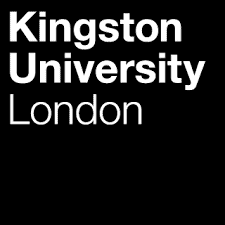
Kingston University
Typical courses: Forensic Psychology / Computer Games Programming / Aerospace Engineering

University of Birmingham
Typical courses: Computer Science / Computer Science with an Industrial Year
Careers
Computer Science A Level can naturally lead to studying it at degree level. However, while the only academic requirement for most university courses is Mathematics A Level, programming, logic, and problem-solving skills are fundamental to further study of Computer Science. The skills gained from the A Level are not easily obtained through independent study. As such, we recommend Computer Science A Level to all students thinking of a future in any computing-related field.
Beyond computer science itself, there is a huge variety of courses, from game design and animation to software engineering and artificial intelligence. There is a wide range of new courses emerging particularly in the fields of cyber security, quantum computing and ethical hacking.
Some of the careers open to students who take a Computer Science A Level include: Cyber Security Analyst, Game Designer/Developer, Software/Applications Engineer/Analyst/Designer, Systems Analyst, Web Designer/Developer, Data Analyst/Scientist, Penetration Tester, Machine Learning Engineer, Network Engineer, Robotics Engineer
FAQs
How does Computer Science A Level differ from Information Technology BTEC?
Overall Approach: Computer Science A Level deals with the “behind the scenes” work of developing and implementing various sets of instructions to enable a computer to do a particular task. Information Technology BTEC focuses on the “user side” of computers and on understanding how to operate a range of software to get tasks completed, often in the context of a particular organisation or business.
Content of the course: Computer Science A Level focuses on computer theory and programming, consisting of the fundamentals of programming, data structures, algorithms, and object-orientated programme design. You learn about the detail of the internal workings of a computer, right down to the basics of how all data is stored using binary, covering aspects of computer architecture, showing the specifics of the fetch-execute cycle and exactly how data is accessed from main memory using assembly language instructions. Information Technology BTEC has a broader variety of content which enables students to focus on particular computing interests and plans they may have for next steps into further study, an apprenticeship, or employment. It works through units to understand user theory and how to produce documents, files, presentations, spreadsheets, databases etc to perform day to day tasks.
Assessment: In Computer Science A Level 80% of the marks go on two formal exams and 20% of the marks on a coursework project. In Information Technology BTEC 1/3 of the marks go on a formal exam and the other 2/3 of the marks are for coursework and a task done in the classroom under controlled conditions over a period of a week.
What skills will I need and develop on this course?
There is a strong emphasis on problem-solving skills as these are indispensable for programming. You need to start by visualising what you want the computer to do, which is the skill of abstraction. You will learn how to focus on the important aspects of the problem and discard the rest, and then you will learn how to split the problem into manageable chunks in order to write a program that does what is needed. You will also learn how to communicate clearly by creating the written documentation for your project.
Do I need Computer Science GCSE?
Lots of our students will have taken Computer Science GCSE, but it is not a requirement. If you have not taken it, we require you to have evidence of success in programming in some form to demonstrate that you have the programming, problem-solving and logical skills required to be successful.
How much independent learning should I be doing a week?
Across Esher Sixth Form College, we recommend you spend 10 hours a week per subject. Four of those hours will be lessons in College, the remaining six hours can be private study at home, or programming to try things out. We also run lunchtime clinics twice a week to support you with that.
What computer program languages do you use?
We teach the C# program language, which some of you will be familiar with but most of you will know Python which is taught at GCSE. We find most students will be starting at a level playing field. You will also have a chance to use HTML, SQL for accessing databases, Haskell for functional programming and a little bit of Assembly alongside it.
